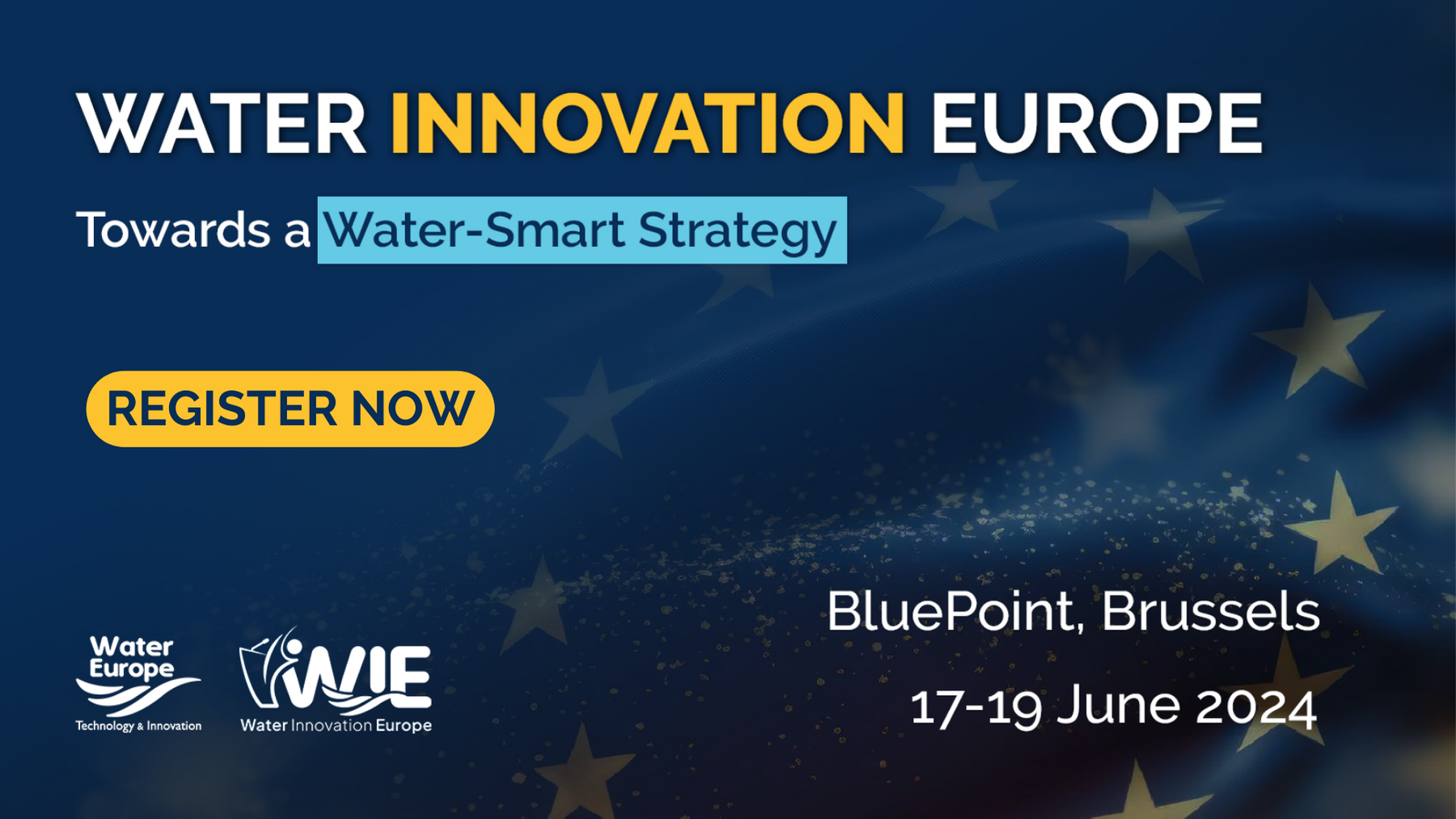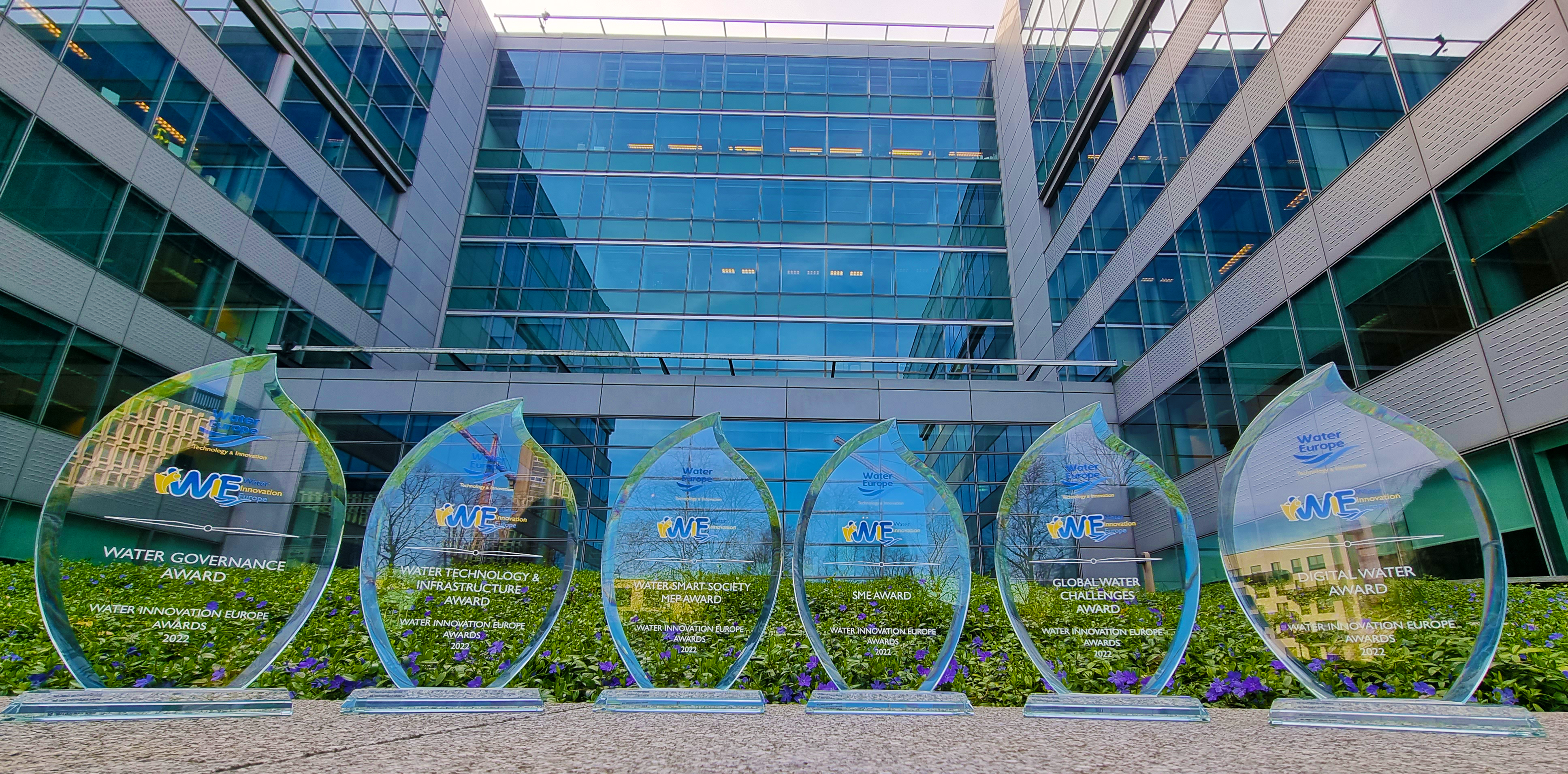Can you please introduce your association and describe the role that water plays in your work?
The American Chamber of Commerce to the EU (AmCham EU) speaks for more than 150 American companies committed to Europe on trade, investment and competitiveness issues. It aims to ensure a growth-orientated business and investment climate in Europe. AmCham EU facilitates the resolution of transatlantic issues that impact business and plays a role in creating better understanding of EU and US positions on business matters.
Water is crucial to many member companies’ operations by, for example, facilitating product development and ensuring smooth manufacturing processes. Because of its importance, many members have implemented advanced water management technologies to optimise water use and minimise environmental impact. Moreover, AmCham EU’s advocacy efforts include promoting policies and initiatives that support responsible water management practices and ensure the availability of water for future generations.
The World Resource Institute predicts a 56% gap between water supply and demand by 2030. Water stress is also perceived among the main global risks, highlighting the need to move away from temporary measures to systematic, risk-based management. How are the current water risks perceived in your sector, and what policies/regulations do you consider important for addressing these risks?
Water scarcity is a critical threat to business operations. Only by ensuring universal access to water can the EU and national governments avoid conflict over water and promote social equity and business continuity. As a first step, integrating water into the EU’s industrial strategy would recognise its importance for the various industries and key technologies essential for Europe’s growth and innovation. Improving water infrastructure resilience is crucial to adapt to the effects of climate change, such as droughts and floods, while also reducing leakage. Moreover, exploring alternative water sources and promoting water reuse technologies would address scarcity and circularity challenges. Digital solutions play a vital role in efficient water management and should be integrated into EU policies. Restoring water ecosystems through partnerships is also vital to conserve biodiversity and mitigate climate change. Additionally, creating an investment-friendly environment with increased funding for water resilience projects would support innovation and sustainable development, ensuring a water-secure future. In this way, the EU can implement robust policies to prevent water from becoming a bottleneck and bridge the widening gap between supply and demand.
Collaboration and innovation are at the heart of building a Water-Smart Society. How does your organization actively support collaboration and innovation within your sector to improve environmental performance, competitiveness across the value chain? Could you provide specific examples of your efforts in this regard, particularly related to water?
Collaboration and innovation drive AmCham EU members’ initiatives to enhance environmental performance and competitiveness across the value chain. Among other efforts, their water stewardship programmes utilise water models at manufacturing sites to streamline data management, analyse water balances and identify conservation opportunities. Additionally, they incentivise sustainability achievements, tie compensation to corporate sustainability targets and develop products with lower water footprints.
Member companies also promote educational opportunities for employees and facilitate best practice exchanges to enhance water management and efficiency. Moreover, many companies actively participate in global partnerships such as the Water Resilience Coalition and CEO Water Mandate to advocate for universal access to water and contribute to the sustainability of local water resources. Their involvement in initiatives like the Climate Neutral Data Centre Pact underscores their commitment to water efficiency and other sustainability goals. Through these efforts, AmCham EU members aim to build a resilient, sustainable and competitive Water-Smart Society.
Would a water strategy be relevant for your sector to strengthen competitiveness and reduce potential disruption on the value chain by ensuring water resilience, security, and sustainability?
An EU water strategy is not only relevant but necessary for all sectors to strengthen Europe’s competitiveness and minimise potential disruptions on the value chain. EU policymakers must prioritise water issues and implement a Water Resilience Initiative in the upcoming 2024-2029 legislative cycle. A coordinated policy framework is essential to effectively address the water crisis and ensure that water remains abundant, affordable and accessible for all. By unlocking Sustainable Development Goal 6, dedicated to Clean Water and Sanitation, the EU can not only address water challenges but also advance numerous other sustainable development goals, fostering peace, prosperity and sustainability across industries and the planet. Additionally, prioritising water resilience and sustainability aligns with AmCham EU member companies’ commitment to innovation and growth, contributing to Europe’s economic resilience and technological advancement. A comprehensive water strategy is indispensable for businesses to thrive and maintain their competitiveness in the face of evolving environmental challenges.




